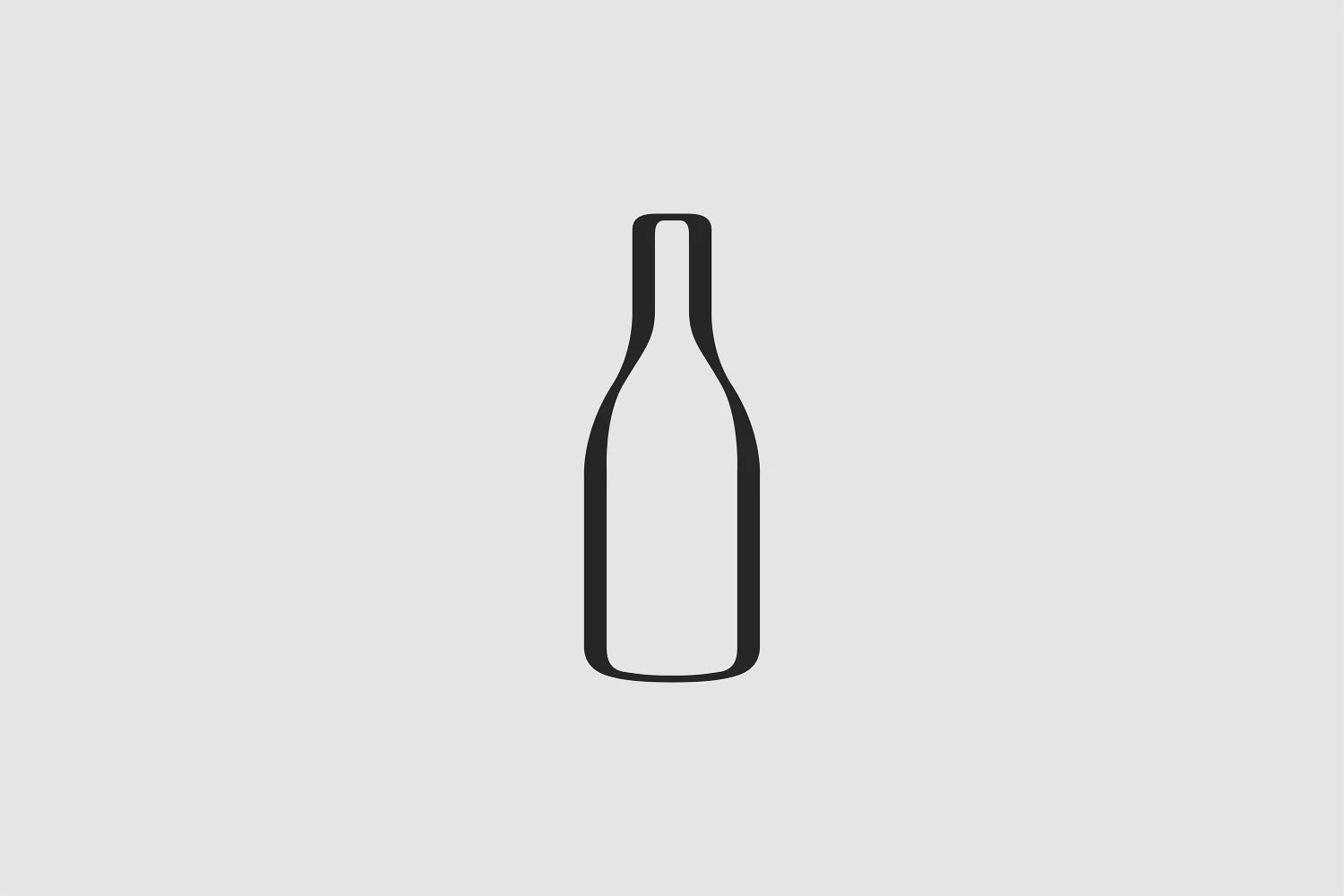The Danube-adjacent village of Dürnstein and its surrounding hamlets are home to the greatest vineyards of Austria’s Wachau region, as well as its most famous producer: Emmerich Knoll. If you fancy yourself a serious Grüner Veltliner drinker, Knoll is a must-try, but it’ll cost you. That’s where Martin Mittelbach, and his historic Weingut Tegernseerhof, come in.
He isn’t as famous as Knoll, but he is every bit as talented and is equally well-positioned within the Wachau DAC: The two wineries are right around the corner from one another in the hamlet of Unterloiben, and they farm many of the same mythical Wachau vineyards, including “Kellerberg” and “Loibenberg.” So, I think you probably know what I’m going to say next—that it would be impossible to get more wine for the money than today’s 2018 Federspiel from Tegernseerhof. It is not only the ultimate “insider” wine but a textbook example of Wachau Grüner Veltliner at its racy, mineral, tension-filled best. Mittelbach has recently purchased younger-vines parcels in some of the region’s top sites, including Loibenberg, Kellerberg, and Steinriegl, and was curious to see how their fruit would fare in the cellar. All of the sites are combined in this cuvée, but Mittelbach has been taking notes to determine which parcels are best-suited for his entry-level wines and which will be reserved for vineyard-designate bottlings. Do the math and you’ll realize that means you’re getting some of Tegerseerhof’s most prized single-vineyard fruit for just $28. That’s not just a good deal; that’s highway robbery. Grüner lovers take heed!
Tegernseerhof’s story began over a thousand years ago, but it’s the latest chapter that’s gotten us so worked up about the historic estate. Fifth-generation proprietor Martin Mittlebach took the reins from his parents, who had been content to make overwrought wines that leaned toward the sweeter side, but young Martin saw the potential of the family’s vineyards and was dead-set on elevating the wines to a much higher standard of quality. He immediately overhauled the entire business, moving to sustainable farming in his 27 hectares of vineyards, introducing rigorous sorting to remove the botrytis-affected grapes his father had favored, and removing all oak barrels from the winery’s cellar. Martin realized it was criminal to mask the purity of such high-caliber fruit with wood, sugar, or excessive alcohol. The new Tegernseerhof style—dry, energetic, and precise, with laser-like acidity—would be unrecognizable to anyone previously acquainted with the property.
Tegernseerhof is a member of Vinea Wachau, an exclusive and demanding private growers’ association that places strict quality controls on viticulture and winemaking under the “Codex Wachau,” inspired by the German VDP system. Under the Codex Wachau, Mittelbach’s wines must be hand-harvested, fermented completely dry, and without perceptible oak flavor, wines are sorted by style, with Federspiel representing the mid-weight category (just below Smaragd) in the Wachau DAC. A UNESCO World Heritage site an hour’s drive northwest of Vienna, the Wachau gorge sits above the banks of the Danube River, where steep, windswept terraced vineyards give way to some of the world’s finest Grüner Veltliners (and some very noteworthy dry Rieslings) in one of its most picturesque settings. A combination of granite-like gneiss and silty löess soils dominates the landscape, lending a streak of wet-stone minerality to all of the appellation’s wines.
This crystalline 2018 Grüner shows so much precision, freshness, and intensity in its vibrant meyer lemon, tart green apple, and juicy honeydew melon fruit. A vivid streak of sea-salt minerality carries cracked white pepper and graphite notes through to the long, satisfying finish. Medium in body with moderate alcohol, it has a taut yet supple texture that gives the impression of added weight to this crisp, clean wine. The elegance here is actually pretty remarkable, given the unusual warmth of Austria’s 2018 vintage. No one will regret popping this open immediately (unless you don’t have a few backup bottles in the cellar, which we highly recommend), but a bit of patience would certainly be rewarded. Some—like legendary Austrian wine importer Terry Theise, for example—say Grüner can age with the best of them, gaining earthy, savory qualities as it loses some of its herbal and citrus bite. We’d save the serious cellaring for your smaragds, but in three to five years’ time, this Federspiel will definitely be showing some very intriguing complexity. There aren’t many grapes more versatile for food pairing, so try this Grüner with trickier veggies (asparagus, artichokes, brussels sprouts), or spiced Asian dishes like pad Thai or curry, or—if you want to go for a more regional pairing—frittatensuppe, a beef-based soup with savory “pancake” slices. Either way, serve it at a brisk 50 degrees in your favorite all-purpose stemware, and stock up. There’s no way you’ll be able to stop at one!
